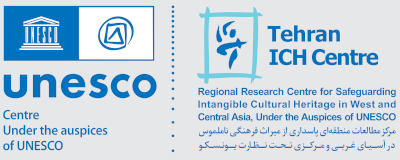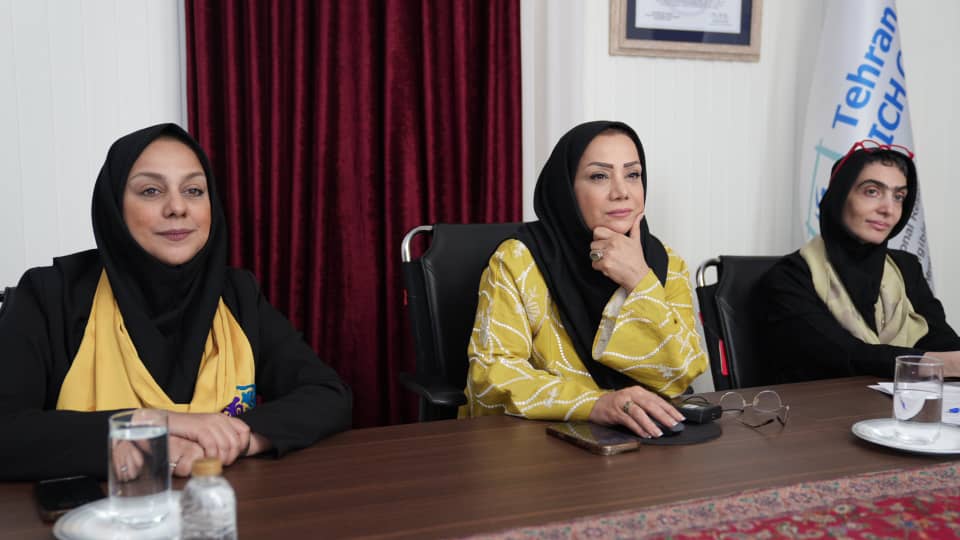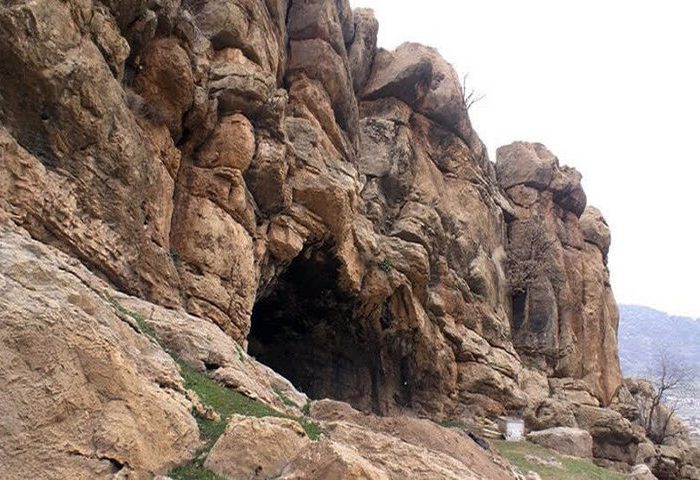Kok boru, a traditional horse game, is a synthesis of traditional practices, performances and the game itself. It is a traditional game played by two teams on horseback, where players try to manoeuvre with a goat’s carcass (replaced with a mould in modern-day games), or ‘ulak’, and score by putting it into the opponents’ goal. The community of bearers includes players united in higher league, semi-professional and amateur teams, as well as the general public. The most experienced players serve as referees, while another category consists of the ‘Kalystar’ (elders), who ensure the fairness of the game. The element is an expression of the cultural and historic tradition and spiritual identity of its practitioners and serves to unite communities regardless of social status, fostering a culture of teamwork, responsibility and respect. Knowledge related to the element is primarily transmitted naturally by means of demonstration, as well as during festive and social events, and the community concerned is actively involved in ensuring its viability through the transmission of knowledge and skills, research and the organization of training. The National Kok-Boru Federation, established in 1998, plays a key role in promoting and safeguarding the element through the development and organization of activities.










